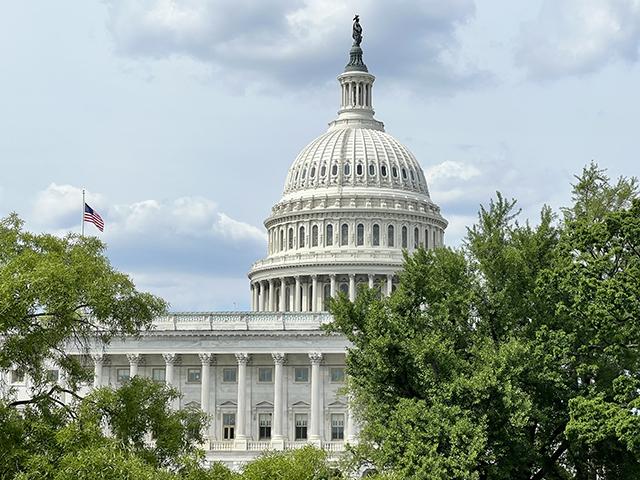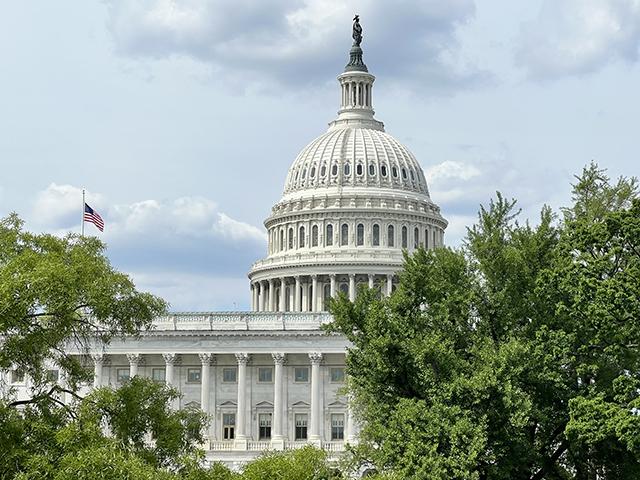Ag Policy Blog
Congress Returning to Stare Down Potential Government Shutdown
After a month-long break, the Senate will come back into session on Monday and the House will return next Tuesday to face many issues, including the expiration of current appropriations measures and the current farm bill, both on September 30.
While the Senate comes back a week earlier, most of the complications rest with the House.
Some Freedom Caucus members in the House have said that they favor a government shutdown if the Congress will not agree to their views on cutting the budget while other members are trying to come up with a measure to continue funding.
A future government shutdown this fall is possible for one key reason: There are a whole lot of newer members of Congress who were not there when the government last shutdown in 2018-19.
Last week, the White House called on Congress to pass a short-term spending bill -- a continuing resolution -- to avoid a government shutdown. That also came with a $1.4 billion request to add funding to the USDA food-aid program known as Women, Infants and Children (WIC) while the House appropriations bill actually includes a cut for WIC spending.
The White House also wants Congress to address some of the disasters that have happened while lawmakers were out, including the wildfires in Hawaii and Hurricane Idalia, which just hit Florida. The White House says FEMA needs a $16 billion injection of funds.
On the farm bill, most major programs would continue but some programs would expire unless the current farm bill is extended. The Congressional Research Service issued an explainer on what happens if the farm bill isn't passed, or an extension is not passed.
P[L1] D[0x0] M[300x250] OOP[F] ADUNIT[] T[]
The CRS stated,
Some programs, such as crop insurance, are permanently authorized and do not expire and would not be affected by the farm bill expiration.
For the farm commodity and dairy support programs that expire after the 2023 crop year, the consequences of expiration begin on January 1, 2024, when inactive and outdated laws--commonly called "permanent law"--would be restored for dairy, the first commodity affected in the new crop year.
For programs with a fiscal year authorization that are funded with discretionary appropriations, or for programs with mandatory spending authorized but not appropriated by the farm bill--such as the Supplemental Nutrition Assistance Program (SNAP)--an appropriations act or continuing resolution could allow operations to continue.
The CRS report also goes into detail on permanent law if a farm bill is not passed, or an extension fails. If new programs or an extension fails by the end of December 2023, permanent law could kick in for several crops, which would include seeing the price supports for dairy go from $19.30 per cwt to $67.60 per cwt. That would cost somewhere between $15 billion and $19 billion per year. The non-recourse loan rate for corn would go from $2.20 a bushel to $15.30 a bushel. A crop such as soybeans, which wasn't grown much when permanent law was created in the 1930s, would have no program.
The permanent law triggers often provide a strong incentive for Congress to ensure there is at least an extension in place to avoid some of these provisions from kicking in.
CRS report on farm bill expiring https://crsreports.congress.gov/…
DTN Political Correspondent Jerry Hagstrom contributed to this report.
Chris Clayton can be reached at Chris.Clayton@dtn.com
Follow him on X, formerly known as Twitter, @ChrisClaytonDTN
(c) Copyright 2023 DTN, LLC. All rights reserved.






Comments
To comment, please Log In or Join our Community .